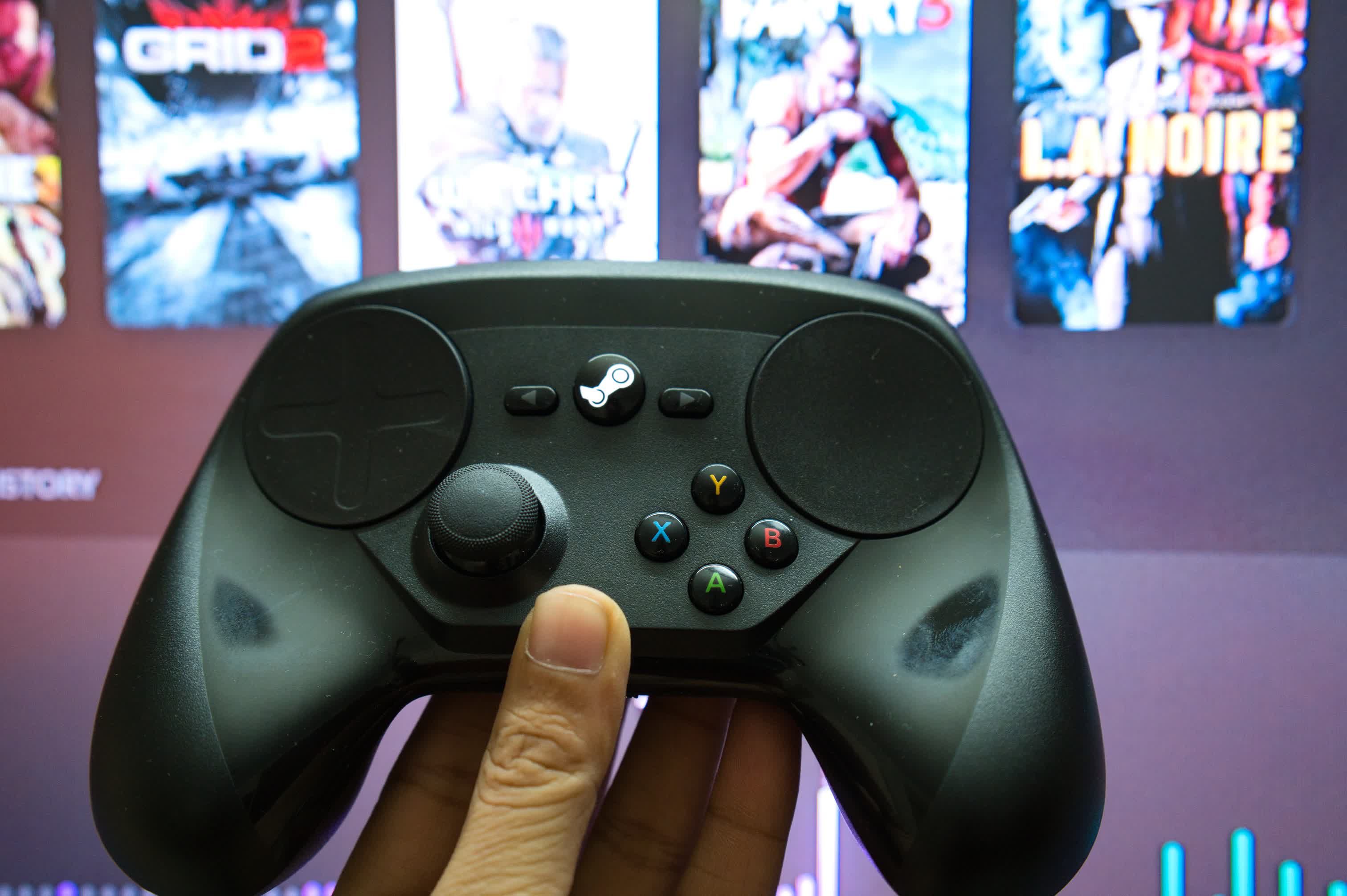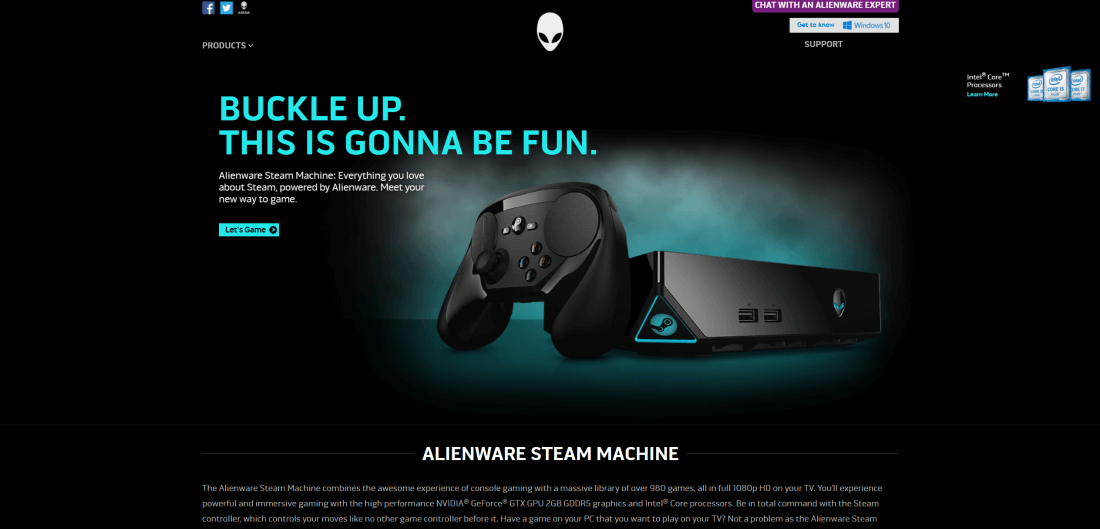What just happened? Valve's announcement of the Steam Deck was met with raised eyebrows by some consumers, noting that one of its previous major hardware endeavors, the Steam Machine, was far from successful. The company says, however, that the lessons learned from those console-like devices led to the creation of its upcoming handheld.
In addition to the Steam Machine, Valve's other hardware products include the Steam Controller, which one member of our team spent hundreds of dollars on; the Steam Link, a very handy piece of kit that was ultimately replaced by an app; and the excellent Valve Index, considered the best VR headset around---and with a price to match.

The Linux-based Steam Machines were the Valve product closest to the Steam Deck. It called these mini-computers "a powerful new category of living room hardware," but a slew of problems saw them fade into obscurity and consigned to the history books. You can read more about them here.
While the Steam Machines were a failure, Valve designers Greg Coomer, Lawrence Yang, and Scott Dalton told IGN that the company learned from that experiment and its other hardware products, applying the knowledge to the Steam Deck.
"Steam Deck feels like the culmination of a lot of that earlier work," Coomer said. "Steam Link has proven really valuable in establishing what it means to stream games from PCs. The Steam Controller was really valuable, it taught us a lot about what's necessary and valuable to a customer. So all those earlier products really feel like they've informed this one."

As for the Steam Machine, Coomer gives his take on what went wrong. "Steam Machine was a really good idea," he said. "The operating system wasn't quite there. The number of games that you could play on the system wasn't quite there." He adds that "I don't think we would have made as much progress on Steam Deck if we hadn't had that experience."
Dalton says one of the biggest issues was the "chicken and egg problem;" Valve wanted devs to make more Linux games, thereby increasing the Steam Machine's appeal, but doing so wasn't worthwhile for developers unless enough people owned one.
"That led us down this path of Proton where now there's all these games that actually run." Proton is Valve's compatibility layer that lets Windows games run on Linux. "It was really important for us to be able to talk directly to developers and say 'hey look, the Steam Deck runs your game. You don't have to port,'" said Yang.
While the Steam Deck's availability is becoming muddied, we've heard it will target 800p, 30Hz gameplay and have a user-replaceable SSD---it can also play games off an SD card just fine. Elsewhere, its UI is replacing Steam's Big Picture mode.
